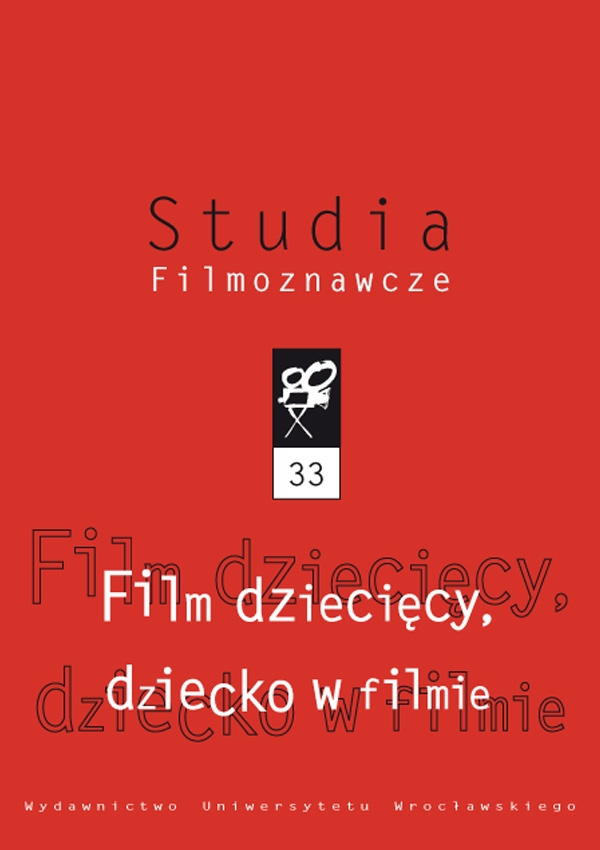

Artykuły

KIEŚLOWSKI’S LABORATORY OF MORAL CASES, I.E. ETHICS “WITHOUT END” BY AGNIESZKA KULIG
Stemming from Agnieszka Kulig’s book on Krzysztof Kieślowski, I am searching for philospohical threads in his movies. Following the heroine’s flow of thought I am mainly interested in Levinas’s and post-secular perspective. My aim was to investigate Kieślowski’s path from sociological documentary films to philosophical and metaphysical questions in “The Decalogue.” On filmosophical level, I am trying to read the story, embodied in Kieślowski’s movies concerning the period of martial law in Poland, as political experience becoming existential experience. On ethical level, this transition can be understood as rejection of Levinas’s responsibility for the other. The latter work of Krzysztof Kieślowski can be perceived as a collection of studies on moral attitudes. What connects all of those examples is, on a visual level, a Polish neighbourhood of public housing project. On the topical level, the examples are connected by the most basic set of common ethical values ― the decalogue.